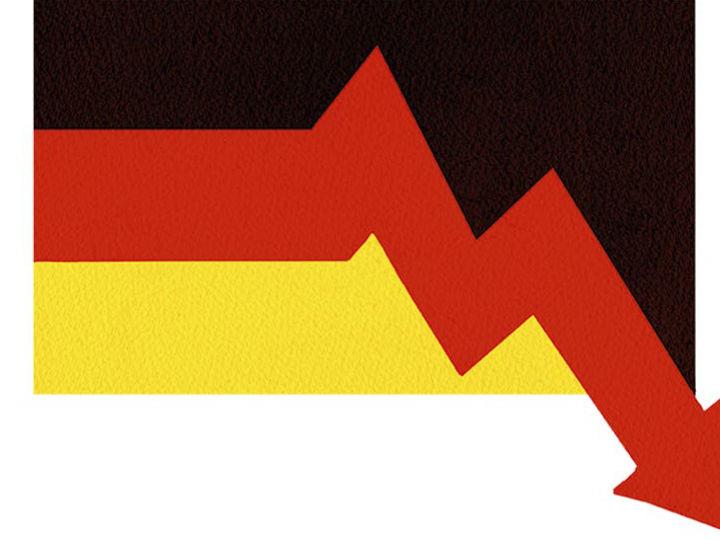by Giannis Plakiotakis*
Merchant marine is the largest and most important component in international trade as it transports more than 80% of world trade to peoples and communities around the world. It is the most efficient and cost-effective method of international transportation for most goods. It is a reliable means of transporting goods worldwide, facilitating trade and contributing create prosperity between nations and peoples.
Shipping’s role was enhanced by the COVID-19 pandemic, highlighting the professionalism and sacrifice of the two million seafarers serving in the global merchant fleet, which kept up with the uninterrupted transport of goods, including vital medical supplies, food and other basic goods, needed to combat the pandemic.
Under such unfavorable conditions and in spite of the pandemic’s economic impact on all the commercial activities on the planet, Greek shipping was able to retain its status as the world’s leading shipping force, currently controlling 19% of the world merchant fleet and the 58% of the European Union fleet.
In 2022, things so far point to a vear of significant recovery in all areas, leaving behind the irregularities and havoc caused by the health crisis, which I should underline- prevent the organization of such an important shipping gathering, the Poseidonia.
Staging a dynamic comeback following a tough pandemic, organizers are ready to welcome exhibitors from all over the world, hoping that Poseidonia will again be a leading international shipping event, putting Greece in the spotlight.
The 27th Poseidonia event, organized this year after a four-year break, finds world shipping in a transitional stage: a stage encompassing very important changes concerning environmental regulations, digital transformation, cybersecurity, as well as mechanical and technological developments forming the with shipping agenda of international dialogue on the indus and the blue try’s most important issues.
Following the collapse of world trade in the first half of 2020, global economic activity is now recovering rapidly and according to the data so far, we hope that 2022 will be a year of full recovery, with shipping and the blue economy at the forefront.
To stabilize and support the market’s upward trends, we all need to try, each one in their own capacity, and reverse the effects of the crisis, by promoting a sustainable “blue economy", as this facilitates proper distribution of ocean wealth and ensures fair opportunities for economic growth and prosperity.
The transition to carbon-neutral shipping is one of the biggest issues that needs to be addressed internationally. For Greece, the de facto international nature of shipping activities requires the implementation of IMO uniform global rules.
All nations should support the effective implementation of IMO’s strategy to reduce greenhouse gas emissions from ships, as we begin to consider medium- and long-term measures that will lead to carbon-neutral shipping.
Another, equally important issue facing shipping and most areas of the transport industry, is the impact of rapid and major changes that modern technologies bring to everyday life, and the digital transformation, which is among the top priorities set by the government of PM Kyriakos Mitsotakis.
In recent years, almost all shipping companies, regardless of their region of operation have been implementing modern technological means in order to stabilize their dynamic presence in the market and at the same time develop competitive advantages while maintaining their position.
This is the framework we are working on at the Ministry of Shipping and Island Policy. In cooperation with the Ministry of Digital Governance, we are trying to create a new, modern environment, in which both the shipping and para-shipping industries will find suitable ground to develop, for the benefit of both the economy and the community. The shipping industry is undergoing radical changes, which are expected in coming years to lead to drastic changes in the profile of future seafarers.
The market will need to reinforce itself by hiring both officers and well-trained crews, equipped with the proper skills and qualifications that will help them cope in a very competitive global maritime environment, and in the long run preserve the world-famous and recognized seamanship of the Greeks.
Recent studies for the coming years show that the number of officers required to staff the global fleet is below demand by 16,500, with the deficit projected to skyro 147,000 officers in 2025.
All of the above issues will be the main focus of interaction between shipping community representatives, during their great gathering at Poseidonia. Over time, this universal maritime meeting has been a point of reference for developments, highlighting Greece’s major role in global shipping. For more than 50 years, Poseidonia has been a pole of attraction, placing shipping at the top of international attention, with hundreds of exhibitors from around the world. We hope that this year’s fair, always under the auspices of the Ministry of Shipping and Island Policy will exceed all expectations.
*Minister of Shipping and Island Policy




 By: N. Peter Kramer
By: N. Peter Kramer

